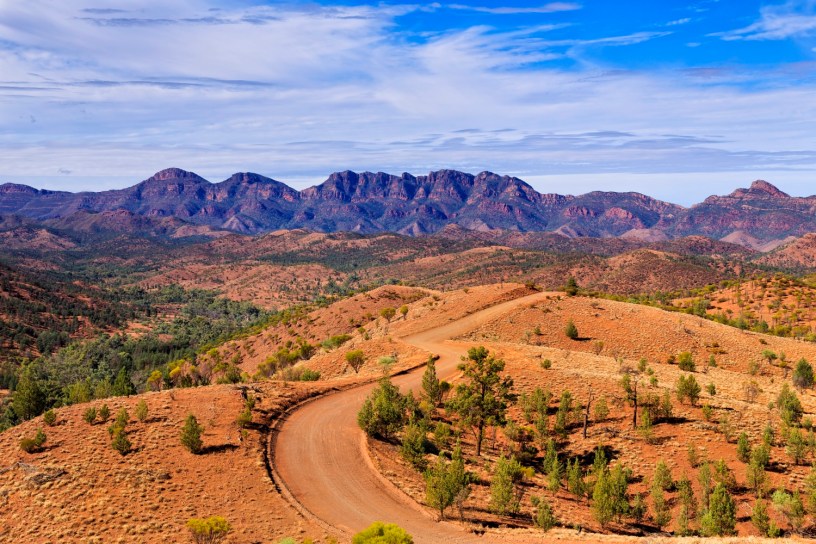South Australia is small, but it packs a punch.
According to data from Screen Australia’s most recent Drama Report, in the five financial years from 2012-13 to 2016-17, South Australia captured on average 5 per cent of drama production expenditure in Australia. However, the state’s output often ranks among the most country’s most notable.
In recent years, the South Australian Film Corporation (often alongside the Adelaide Film Festival) has supported feature films like Jennifer Kent’s The Nightingale and The Babadook, Anthony Maras’ Hotel Mumbai, Yolanda Ramke and Ben Howling’s Cargo, Warwick Thornton’s Sweet Country and Samson and Delilah, Sophie Hyde’s 52 Tuesdays, Rosemary Myers’ Girl Asleep, Rolf de Heer’s Charlie’s Country, John Curran’s Tracks and Jeremy Sims’ Last Cab to Darwin. Upcoming SA projects also include Wayne Blair’s Top End Wedding and Shawn Seet’s reimagining of Storm Boy.
The state is also ramping up its television production, with the SAFC incentivising Screentime and Matchbox to open Adelaide offices this year. Screentime’s Pine Gap for the ABC/Netflix will air in October, Matchbox’s third season of Wanted is in post, and Closer Productions is preparing its first full-length TV series in The Hunt for SBS.
South Australia is also known for its muscle in post-production/VFX, home to heavyweight Rising Sun Pictures (The Predator, Thor: Ragnarok, Gravity, X-Men: Days of Future Past), Kojo (Hotel Mumbai, Storm Boy, The Nightingale, Wolf Creek), and emerging CGI firm Resin (Tidelands, Storm Boy, Philip K Dick: Electric Dreams).
In December last year, the SAFC also launched an uncapped, non-discretionary 10 per cent PDV rebate, which can be combined with the 30 per cent federal PDV Offset.
In the wake of that news, Technicolor announced in February that it will open Mill Films in Adelaide, with aims to employ 500 people within five years. RSP also has plans to expand its staff numbers by a third and add new resources to its Adelaide studio.
In February, SAFC also moved to a grant funding model and removed the cap for drama production. Under the stewardship of new CEO Courtney Gibson, who joined in April, the organisation has in recent months also simplified development funding streams, and announced a variety of new initiatives designed to improve the diversity of the industry, such as Full Tilt, focused on supporting practitioners with a disability. Gibson has also made a range of new hires, the most recent being Adelaide Film Festival CEO and artistic director Amanda Duthie, who will join the organisation in November as head of production, development, attraction and studios.
IF Magazine #185 will take a comprehensive look at production in South Australia. We’ll talk to Gibson her vision for SAFC and put a spotlight on SA-based businesses that are doing innovative work. Contact us to be a part of it.
For all editorial enquiries, please contact: Jackie Keast jkeast@www.if.com.au
For all advertising enquiries, please contact: Cameron Boon cboon@intermedia.com.au


